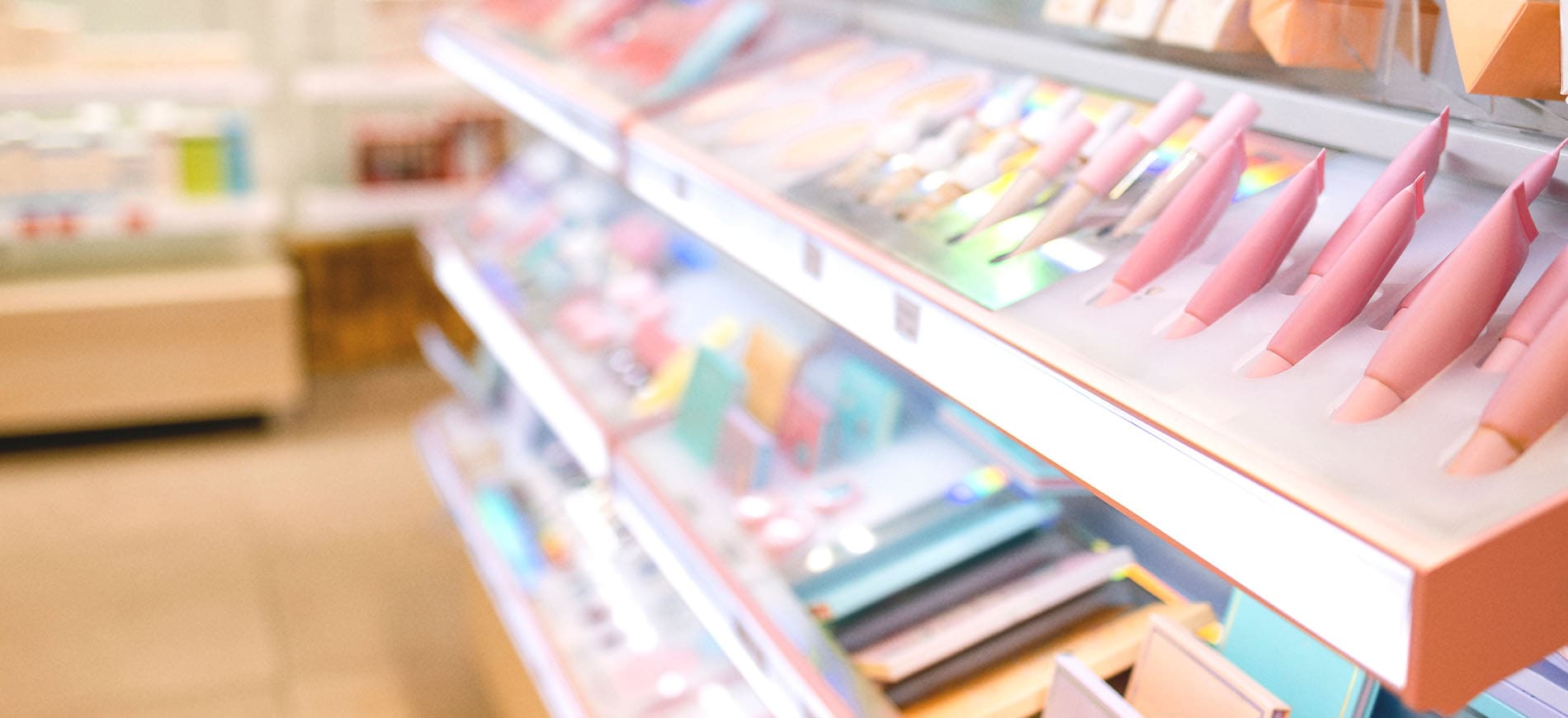Smart technology is rapidly becoming a large part of our daily routines. Last year Oral-B launched the first app-controlled toothbrush – the world’s first interactive electric toothbrush which allows users to personalise their brushing, as well as share data with their dentist. The launch reflects the entrance of smart tech into the most fundamental of daily actions.
However, they didn’t stop there, Oral-B is now developing a smart mirror, presented at Mobile World Congress 2015 recently, designed to allow third party developers to create apps for the smart toothbrush.
A novel boost to the children’s oral care market
The smart mirror can have different purposes for different people. For children it can be used to encourage them to brush their teeth correctly using animated images, which will bode well with the 57% of UK parents who always ensure that their children have brushed their teeth properly.
As tooth decay is an issue of concern, particularly in older children, a mirror that can help monitor how a child brushes their teeth, whilst encouraging them to brush properly, could inspire good oral care habits from a young age.
Not only this, but it has the potential to boost the children’s oral care market. The proportion of parents who bought toothpaste for their child in the 12 months to December 2014 dropped by 8 percentage points compared with the 12 months to January 2014. Getting children to clean their teeth can often be a struggle, and so making brushing more fun and interactive could be a way to encourage greater usage of oral care products.
Gamifying the brushing experience
For adults, the mirror can be used to show weather, travel updates and news headlines to maximise the time used when brushing. It also has the capability to be synchronised with diaries and calendars, to enable users to plan their day whilst brushing their teeth. However it’s not just children who can be incentivised to brush their teeth better. The next stage of development could see the brushing experience gamified, encouraging adults to brush their teeth properly by rewarding them for it. An example of this could be in the form of points earned and then redeemed in exchange for personal care.
Mintel’s Life Hacking trend suggests that with a data driven society, consumers are seeking tools to help them perfect their productivity. Tools that help consumers, such as the smart mirror, build a ‘personal dashboard’ giving them a sense of control and command over the many facets of their busy lives.
Smart mirrors can also be used to store data from teeth brushing habits, enabling consumers to track their oral care over time. Over a third of buyers of oral care are interested, and are willing to pay more for, instant visible results. As such, apps developed for the mirror could also allow people to measure oral care results, such as whitening. Such parameters can be measured after each brush to allow consumers to track the improvements in their oral care over time.
How could the smart mirror impact beauty care?
Oral-B aren’t the first to add tech to mirrors. Panasonic unveiled a ‘virtual mirror’ in 2015 that can analyse an individual’s face and suggest make-up and hairstyles that will suit them, with the image overlayed on their reflection.
With nearly a quarter of UK women who use eye, lip or nail cosmetics showing an interest in having make-up lessons and tutorials in store – and one in 10 experimenting with make-up more since looking up tutorials online – the smart mirror could enable women to try tutorials in their own bathrooms. The mirror could allow them to watch the tutorial as they copy the look, or even transpose the image onto their own reflection, like the Panasonic virtual mirror.
When it come to beauty devices, 15% of non-buyers of beauty devices have not bought one because they are not confident about using it on themselves. In the beauty device category, brands can create apps designed for the smart mirror allowing women to see how to operate a device as they are using it, which could be particularly beneficial for facial devices.
Overall, the Oral-B smart mirror, following on from the smart toothbrush launch, reflects the brand’s efforts to make the brushing experience more fun and engaging for all ages. It could also be a novel way to boost the children’s oral care market. In the adult market, gamifying the experience could see adults rewarded for brushing properly, whilst apps developed for the smart mirror could enable them to track their oral care habits and improvements over time, as well as have applications in beauty care.
Mintel’s Senior Personal Care Analyst, Roshida joined in 2012 and writes about the OTC, Beauty & Personal Care industries. Prior to joining Mintel, she was a Senior Researcher at Procter & Gamble’s R&D department in the beauty division, where she launched products globally, identified trends and analysed consumer responses to new innovations with a particular focus in qualitative methods.





































